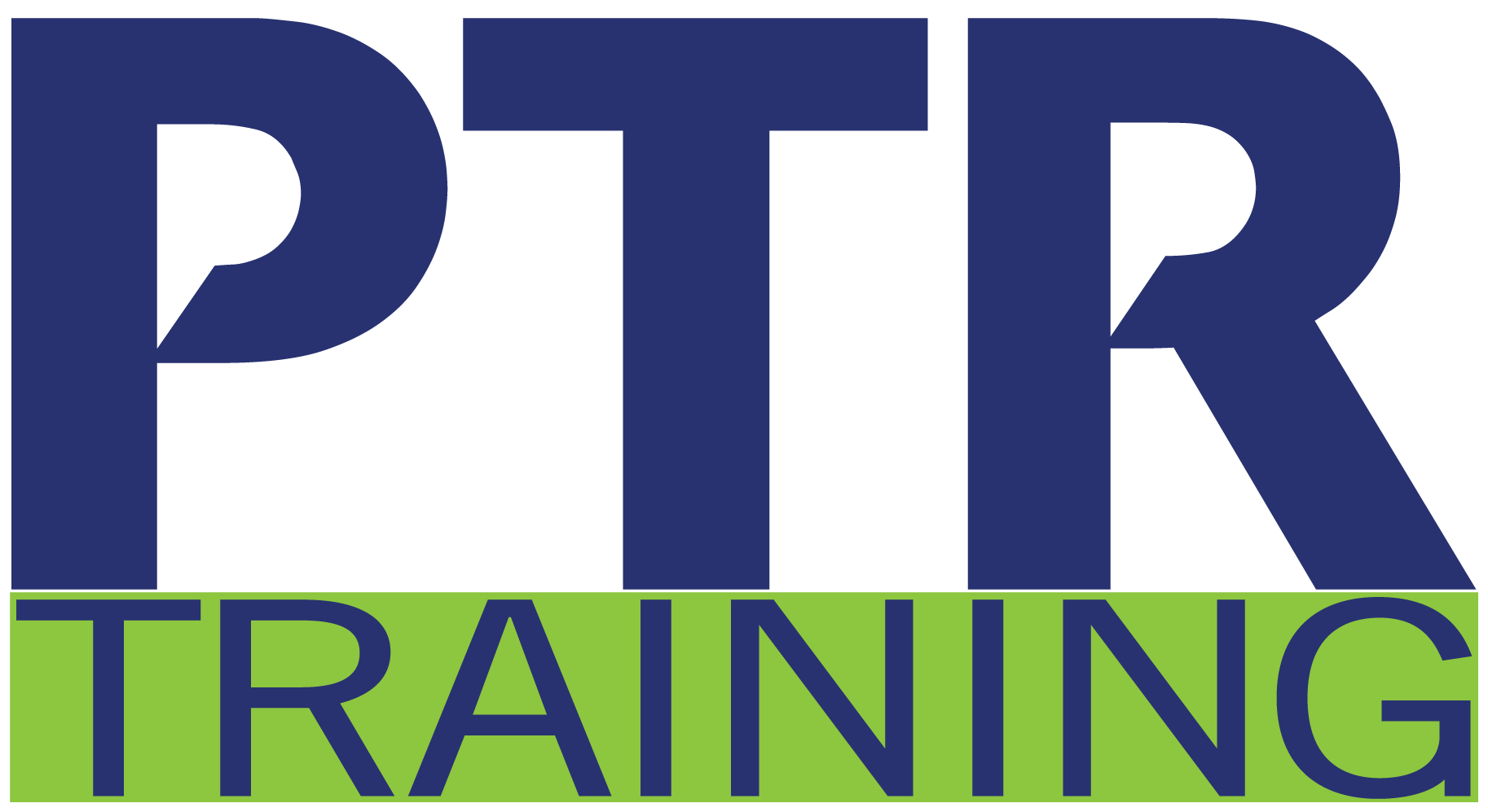Formats: 4-hour virtual course | 1-day instructor-led onsite
Cultural intelligence (CQ) is the ability to work effectively across all cultures. In this course, we will teach you the key aspects of cultural intelligence and different methods for improving your own cultural intelligence. You will explore how cultural intelligence can make all the difference to effectiveness, performance and success in a multicultural and global environment.
Learning Objectives »
- Compare your cultural values with other groups.
- Engage your interest, drive, and confidence in adapting to diversity and multicultural situations.
- Understand how cultures are similar and different.
- Plan for diverse and multicultural interactions.
- Adapt to diverse contexts.
- Identify strategies for developing your CQ.
Course Agenda »
Understanding CQ
- The Nature and Origin of Cultural Bias
- Aspects of CQ
- Benefits of CQ
- Components of CQ
- CQ Competencies
- Steps to becoming Color Brave
- Contact Hypothesis
- CQ Model
- CQ Drive
- CQ Knowledge
- CQ Strategy
- CQ Action
- Unconscious Bias
- Overcoming Stereotypes
Applying CQ
- Cultural Value Orientations
- Hofstede’s Cultural Dimensions
- Improving CQ
- Asking for Feedback
- Mapping Differences to Work Preferences
- Ladder of Inference
- Creating a Culture of Inclusion
- Applying CQ
- Developing a CQ Development Plan
- Holding Yourself Accountable


